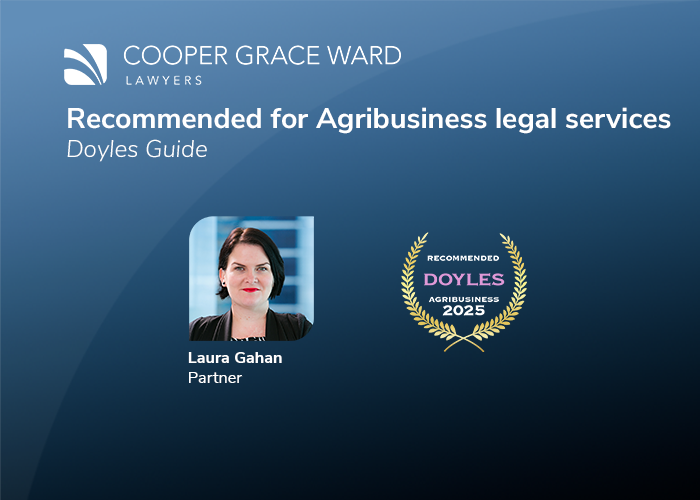Effective notetaking is essential for meeting your reporting obligations and protecting your staff and students when an incident occurs. Read our five top tips to understand how you can avoid common deficiencies in notetaking.
Tip 1: Include sufficient clarity and detail
Describe what happened, when it happened, and who was involved. Provide accurate details about the student’s personal information, including their age, heritage, ethnicity, personal development and friendships.
Make statements that are informational and objective. For example, ‘each time Daniel’s mother has picked him up, the staff have observed that Daniel has been upset’, instead of ‘Daniel is always upset when his mother picks him up’.
Avoid excessive use of pronouns (e.g. he, she, etc.) as these make notes difficult to follow and understand.
Tip 2: Recognise and avoid the use of ‘loaded’ words
‘Loaded’ words include intensifying adverbs, such as ‘very’, ‘really’, or ‘always’. They also include evaluative words, such as ‘badly’, ‘disappointment’, and ‘wonderful’.
Avoid loaded words where possible, as they have the effect of exaggerating statements and imply non-professional judgments that are based on how you have perceived the situation. Loaded words based on personal perception can also be misconstrued as bias.
Tip 3: Write based on observations, not opinions
Write statements impersonally and based on observations. For example, ‘I have observed…’ or ‘I have been informed…’ provide a stronger evidentiary basis for statements made.
Opinionative statements, such as ‘I think…’ or ‘I believe…’ reduce the reliability of notes because they suggest that you are unsure about what you have seen. These statements also suggest that your statements may be unsupported by any evidence.
Tip 4: Take notes independently of other staff members
If multiple staff members are involved in the same occurrence, you should each take notes individually to give an accurate account of your own recollection of the occurrence.
Avoid comparing notes with other staff members as this may constitute collusion. Comparing notes may also affect the credibility and probative value of the notes, which may lead to inappropriate action being taken.
Tip 5: Avoid making subsequent changes to notes
Amending or annotating notes may affect the credibility of what has been written if the notes are used at a later stage, for example, in legal proceedings.
While it is possible to make subsequent changes to notes, this should be avoided where possible to maintain the integrity of contemporaneous notes.






